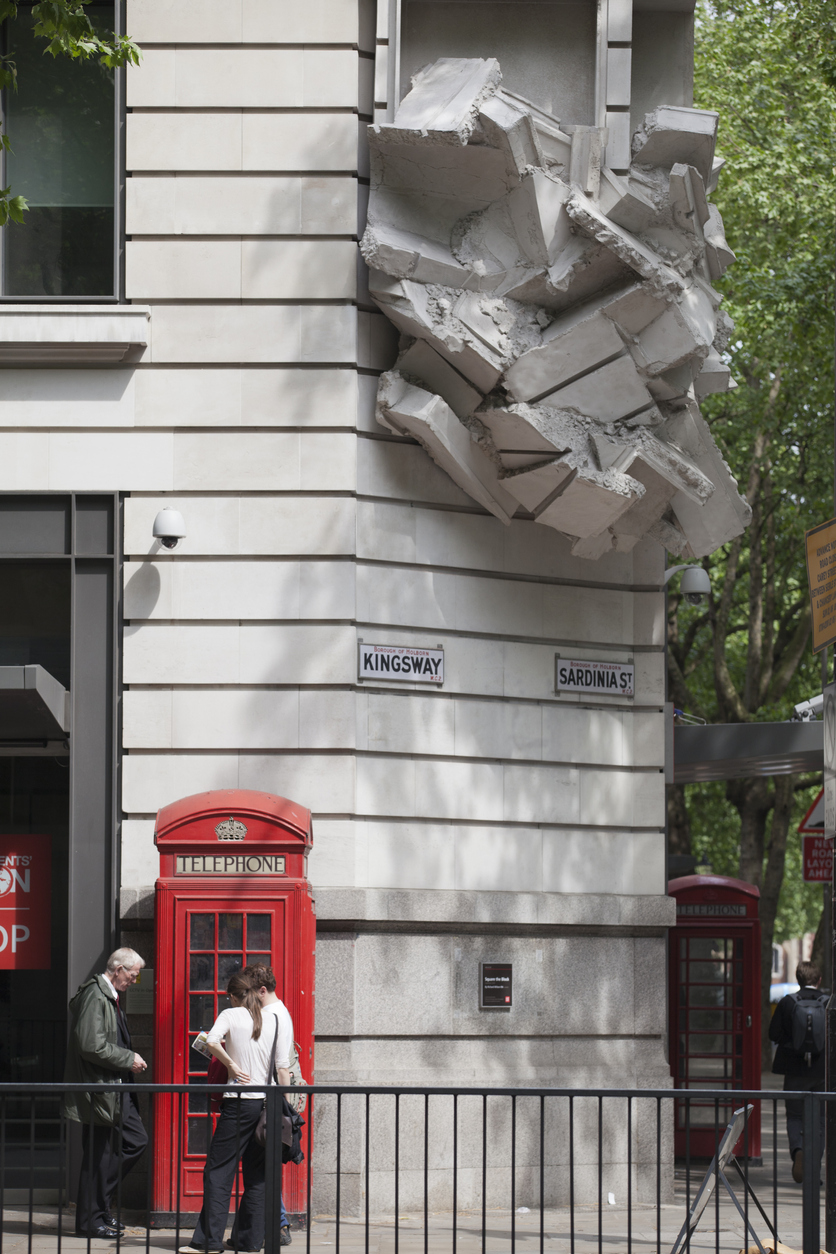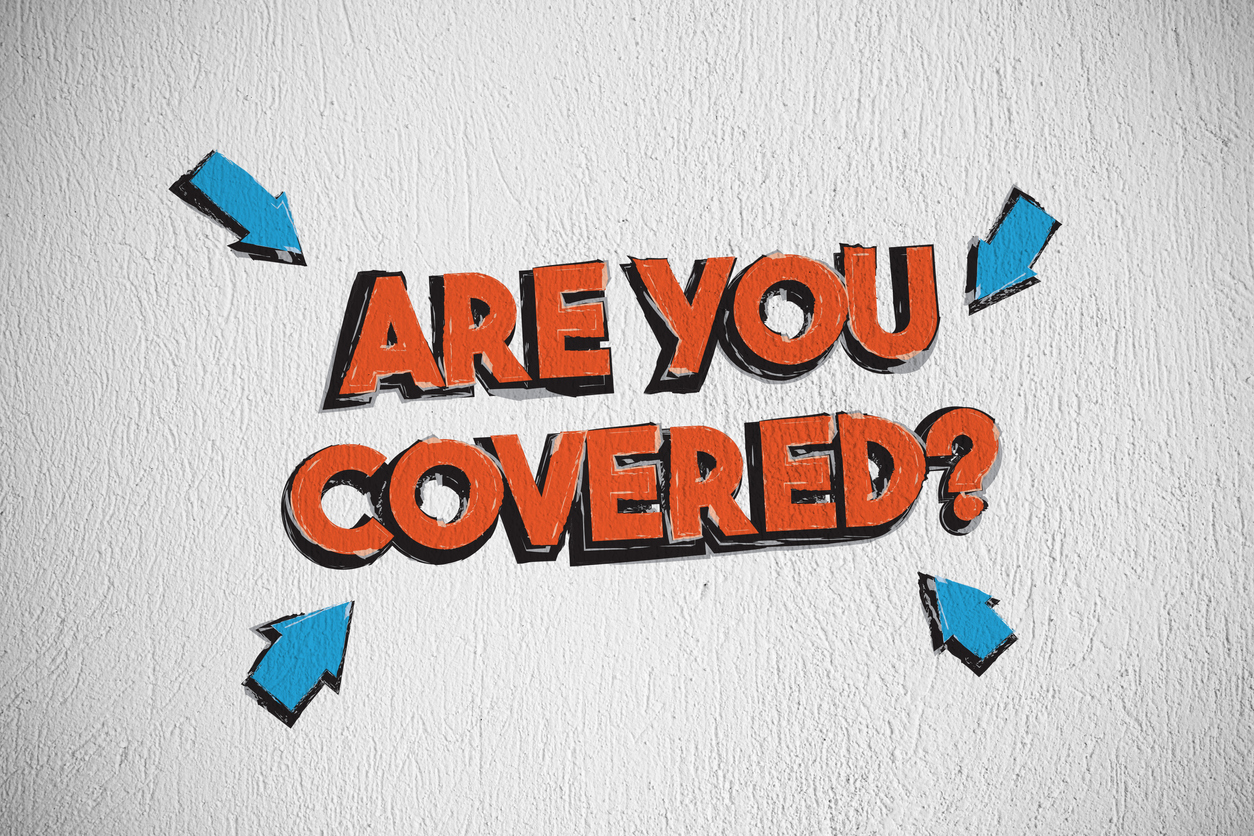California has had a civil code since January 1, 2002 regarding Examinations Under Oath. The Civil Code Section is California Insurance Code Section 2071.1 entitled, Examination of insured; rights of insured; study; survey; report.
This code gave the policyholder the following rights when requested to submit to an Examination Under Oath:
(1) An insurer that determines that it will conduct an examination under oath of an insured shall notify the insured of that determination and shall include a copy of this section in the notification.
(2) An insurer may conduct an examination under oath only to obtain information that is relevant and reasonably necessary to process or investigate the claim.
(3) An examination under oath may only be conducted upon reasonable notice, at a reasonably convenient place and for a reasonable length of time.
(4) The insured may be represented by counsel and may record the examination proceedings in their entirety.
(5) The insurer shall notify the insured that, upon request and free of charge, it will provide the insured with a copy of the transcript of the proceedings and an audio or video recording of the proceedings, if one exists. Where an insured requests a copy of the transcript, the recording, or both, of the examination under oath, the insurer shall provide it within 10 business days of receipt by the insurer or its counsel of the transcript, the recording, or both. An insured may make sworn corrections to the transcript so it accurately reflects the testimony under oath.
(6) In an examination under oath, an insured may assert any objection that can be made in a deposition under state or federal law. However, if as a result of asserting an objection, an insured fails to provide an answer to a material question, and that failure prevents the insurer from being able to determine the extent of loss and validity of the claim, the rights of the insured under the contract may be affected.
(7) An insured who submits a fraudulent claim may be subject to all criminal and civil penalties applicable under law.
(b) The department shall conduct a study quantifying the number of examinations under oath performed by carriers regulated by the department and the number of contacts made by consumers regarding alleged concerns with the utilization of the examination under oath process for the resolution of pending claims. The department shall report both the number of examinations under oath performed by each carrier and the number of justified and unjustified claims alleged by insureds as defined in this code. To the best extent practicable, the department shall also determine if any of these complaints also resulted in suspected fraudulent claims with the department’s fraud division.
(c) The department shall also survey licensed carriers as to the number of suspected fraudulent claims under residential property insurance policies that are submitted to the department’s fraud division as required by law, and that resulted, or eventually resulted, in the utilization of the examination under oath process.
(d) The department shall submit the findings of this report to the chairpersons of the Assembly and Senate Committees on Insurance no later than March 1, 2003.
Although California’s code attempts to differentiate the Examination Under Oath from the deposition, the provisions that are extremely important, (paragraphs 2 and 6 above), should cause one to retain competent counsel to assist in the policyholder’s preparation for the Examination Under Oath — especially in light of the judicial holdings in the case of Abdelhamid v. Fire Ins. Exchange (App. 3 Dist. 2010) 106 Cal.Rptr.3d 26, 182 Cal.App.4th 990.
The Abdelhamid case addressed three areas on concern in Examinations Under Oath; refusal to answer a question, relying on the advise of counsel in refusing to answer a question, and responses to claim denials as a result of non-cooperation of an insured.
Abdelhamid, held the following:
- That the homeowner an insured materially breaches an insurance policy by failing to submit to an examination under oath, as often as may reasonably be required, or failing to answer material questions during an examination under oath;
- Insured homeowner’s purported reliance on the alleged advice of counsel in refusing to answer fire insurer’s questions regarding home destroyed by fire and failing to supply requested documentation did not excuse her failure to comply with insurance policy conditions requiring her to supply the requested documents and answer material questions at her examination under oath, and thus insurer, which had information that indicated that homeowner may have committed arson, could deny coverage on the basis that her failure to comply constituted material breaches of her contractual duties; and,
- Documentation which owner of fire-destroyed home submitted in response to fire insurer’s statement in denial letter that, if homeowner disagreed with the decision or wished for insurer to consider additional information or documentation, homeowner could forward such information or documentation to insurer did not obligate insurer to reconsider its denial of the claim; denial letter was not preliminary or contingent but simply acknowledged that homeowner might disagree with insurer’s conclusions and denial, much of the documentation which homeowner submitted was incomplete and available before the denial of the claim, and homeowner continued to fail to produce all requested documentation and continued to be uncooperative in insurer’s investigation of the validity and extent of her claim.
This case demonstrates the importance of representation by qualified counsel.




